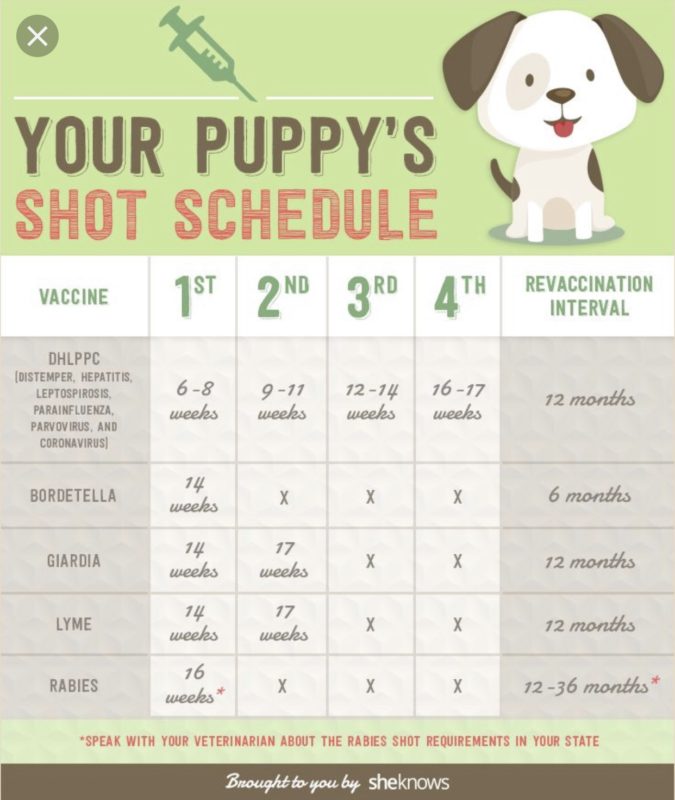Pet Corner
Vaccines
Getting a new pet is so exciting, especially when it’s a young one! Who doesn’t love puppies and kittens!?! Some of the saddest cases we see at Vet Clinics are puppies or kittens that have contracted a disease due to not having vaccines on board or they contracted the disease before their vaccines series was complete due to being around unknown animals or areas where the disease is present.
So let’s talk about how vaccines work. Babies immune systems are not strong, they get passive immunity through their mothers milk but that will not stay in their system long. A common schedule of vaccines start them at 8 weeks then they get boosters every 3 to 4 weeks until they are 16weeks. The series ends at 16 weeks or past but not before! So for some young ones that get started at 6 weeks of age for whatever reason they will need another one around 18 weeks. Even after their series is complete it’s a good idea to still keep them from areas that could spread disease I.e. parks, soil grassy areas, unknown dogs/other animals for another 2weeks. The last shot of the series is a 1 year vaccine from there some vaccines stay yearly and some are every 3 yrs.
Quick Tip:
Why do puppies and kittens require a series of vaccinations?
Very young animals are highly susceptible to infectious diseases because their immune system is not yet fully mature. They receive protection through antibodies in their mother’s milk, but the protection is not long-lasting and there may be gaps in protection as the milk antibodies decrease and their immune system is still maturing. In many instances, the first dose of a vaccine serves to prime the animal’s immune system against the virus or bacteria while subsequent doses help further stimulate the immune system to produce the important antibodies needed to protect an animal from diseases. Finish the Series. An incomplete series of vaccinations may lead to incomplete protection, making puppies and kittens vulnerable to infection. To provide optimal protection against disease in the first few months of life, a series of vaccinations are scheduled, usually 3-4 weeks apart. For most puppies and kittens, the final vaccination in the series is administered at about 4 months of age; however, a veterinarian may alter the schedule based on an individual animal’s risk factors. It is important to educate yourself on what puppies and kittens need in the first stages of life I.e. vaccines, food, potty training, obedience/behavior, especially if you acquire a specific breed, it’s extra important to know their possible genetic/breed issues I.e. Brachycephalic dogs and cats.
Basically, make an appt with your local Veterinarian office to establish care and get a physical for your new addition to the family! They will guild you so don’t hold back the questions. Giving your vet a good history of your pet’s whereabouts and routines will give them guidance on which vaccines are needed because not all vaccines are core vaccines. Some diseases that we vaccinate for are zoonotic, transferable to people, I.e. Leptospirosis. If your ever concerned about vaccines and what’s recommended go to
https://www.vetmed.ucdavis.edu/hospital/animal-health-topics/vaccination-guidelines
Thanks For Reading!


